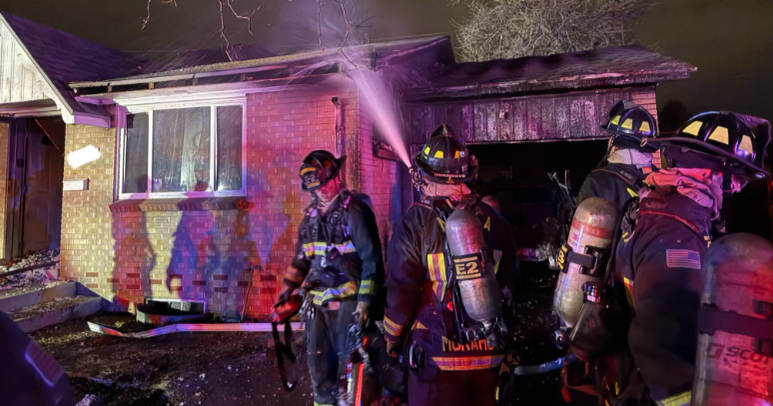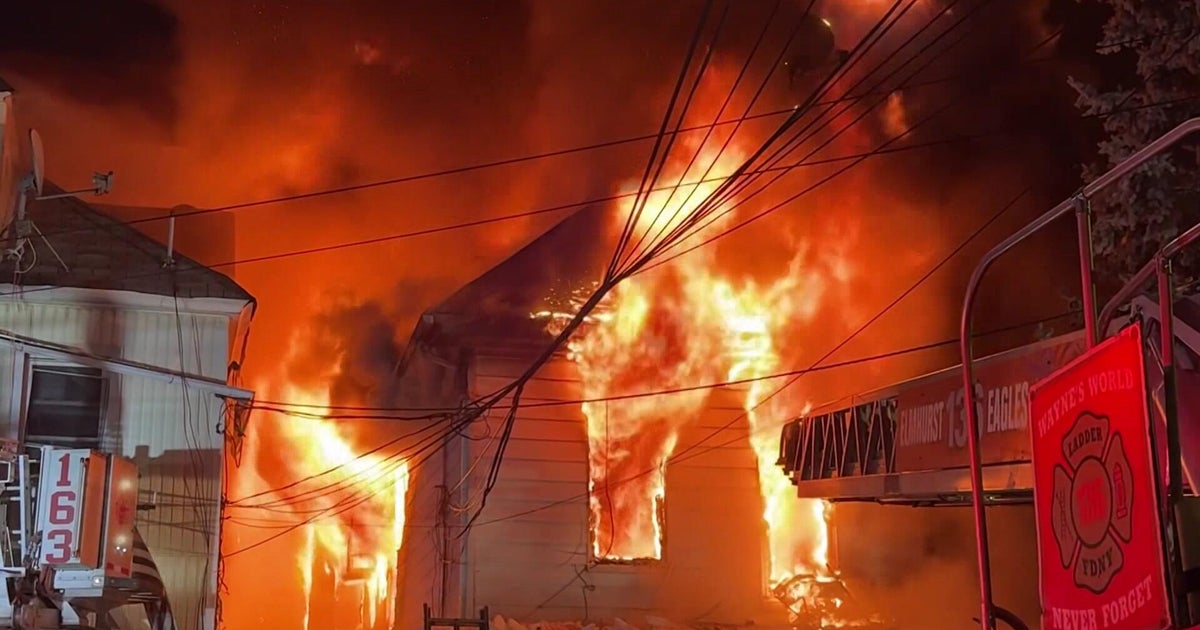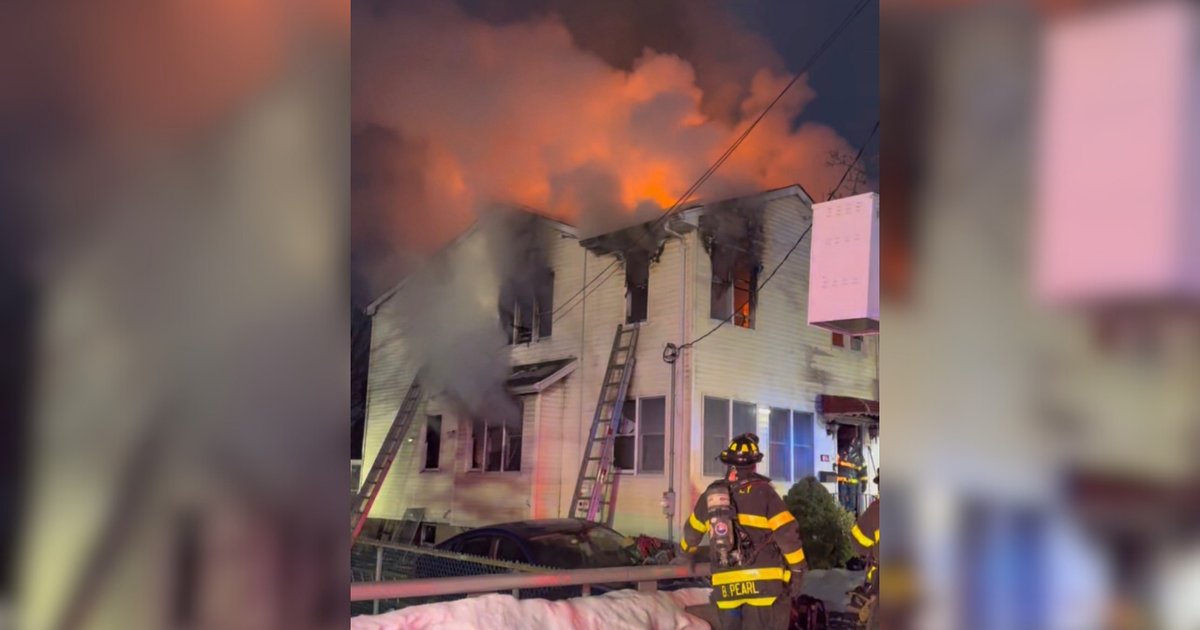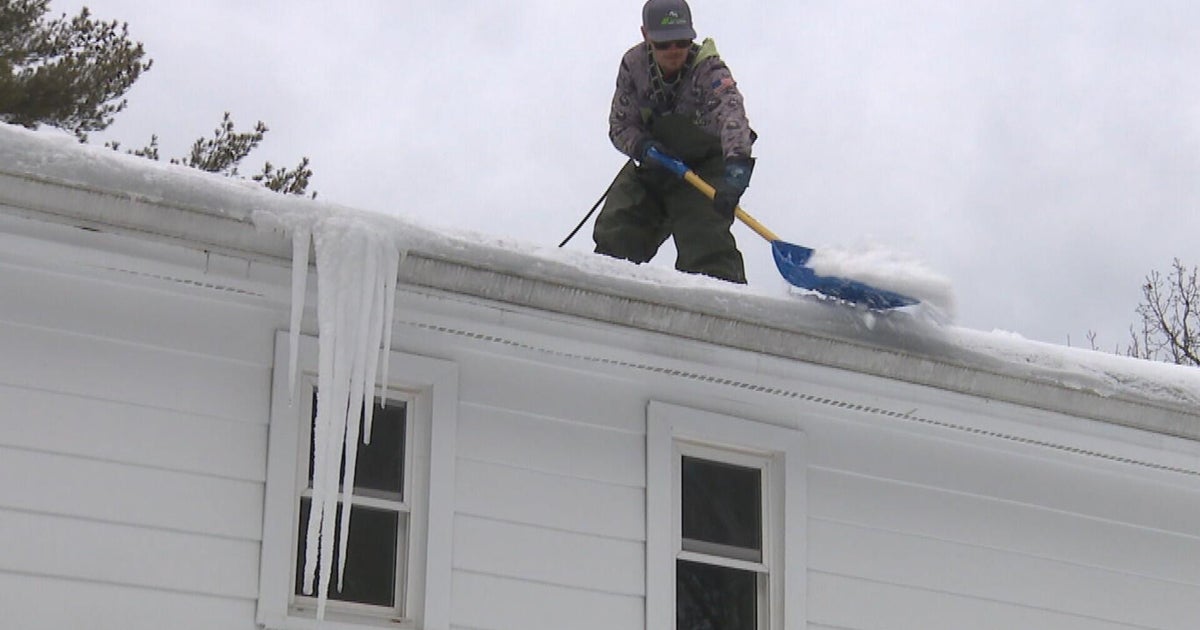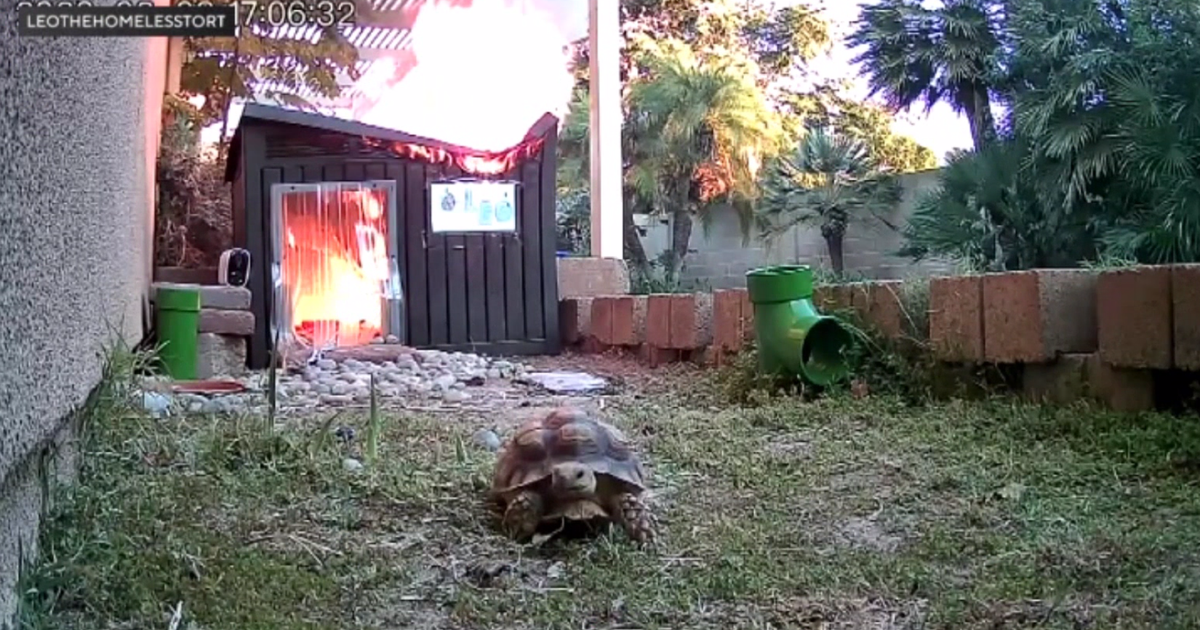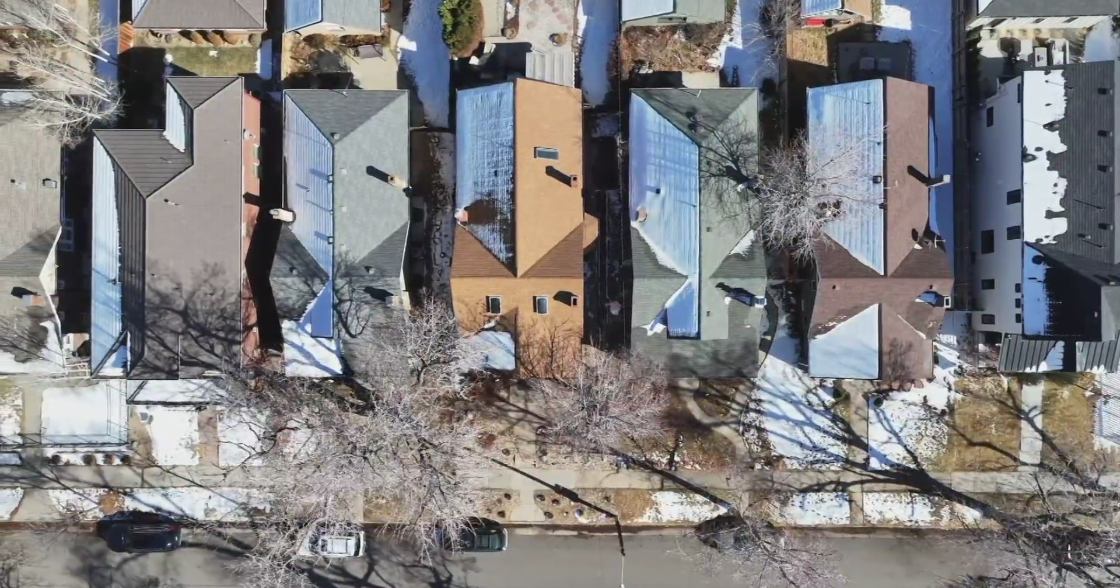Angie's List: Dealing With Home Flooding
PITTSBURGH (KDKA) -- Most of us prepare for the possibility of a house fire. We install smoke detectors and buy fire extinguishers – just in case. But what do we do to minimize water damage from a burst pipe or failed appliance, which is five times more likely to happen?
In today's Angie's List report: what to do when the water rises inside your home.
Water damage is the second most common reason for homeowners to file an insurance claim costing insurance companies about $3.5 billion every year. Broken pipes and overflowing tubs and toilets are the main culprits. Reacting quickly is the key to clean-up.
"You want to take action right away, so as soon as you realize it, start removing any items that can be removed and get fans blowing in the area so you can start to dry it out," said Angie's List founder Angie Hicks.
Jennifer Mauck, a water extraction professional, agreed that when it comes to flooding, there is no time to waste.
"Optimally, we will dry out a structure in three days. So we come out, extract the water, place drying equipment and then we check back the following days to make sure it's drying properly," she said.
Three days is a best-case scenario. If cabinets or drywall gets wet, more gear and labor is required to prevent the possibility of mold.
"We drill holes in the wall and then force air into the area behind the wall. Mold likes to grow in dark, no-air-movement, warm places," Mauck said.
If damage is significant, Angie's List strongly recommends hiring a certified restoration professional with the equipment and experience to get you dried out, but check credentials carefully before hiring. A reputable professional will be available any day of the week – even in the middle of the night – and they should help you document all of your items to aid your insurance claim.
"We take a lot of pictures. We talk through things with the homeowner as we're pulling stuff out of a basement and putting it upstairs or in the garage. We go through and catalogue things with the homeowner," Mauck said.
Angie suggested if you have carpeting that gets saturated, you should plan to toss it and buy new. Also, if you're storing items in the basement, use plastic tubs instead of cardboard boxes or paper bags and opt for area rugs instead of wall-to-wall carpet. If you don't have a sump pump, get one and check it regularly to make sure it's working properly.
Join The Conversation On The KDKA Facebook Page
Stay Up To Date, Follow KDKA On Twitter

